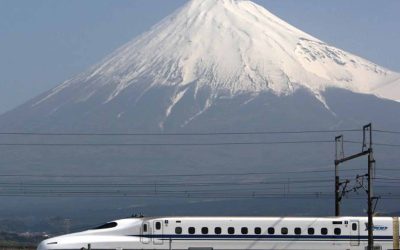Less than two years after a wide-ranging review of Calgary’s taxi bylaw, Mayor Naheed Nenshi wants city council to launch a major study on how to reshape the city’s cab and limousine industry.
Nenshi said Calgary’s system lacks a proper regulatory and oversight body, relying instead on council and a volunteer advisory committee that aldermen have asked to produce exhaustive reports.
But easing the burden of the taxi and limousine advisory committee is just the start of the overhaul the mayor would like.
"Drivers and some owners in the city have been complaining that the industry is not structured very well, so it’s probably a good opportunity for us to take a look at how our industry is structured," Nenshi said Thursday.
"How it’s regulated, the system of issuing plates, the system of brokerage that we have here, which is different than most cities -so the whole darn thing."
The proposal surprised Ald. Andre Chabot, who wondered what small cluster of drivers or city administrators pitched the new review to Nenshi.
"He wants to rewrite the whole taxi livery bylaw?" asked Chabot, chairman of council’s land-use, planning and transportation committee.
"It took a year to make the changes we currently have."
Rajiv Kapil, head of the Calgary Cab Drivers Association, said he had urged the mayor to consider major changes to the industry.
Among the things, drivers want is more control over taxi operating plates because brokers have too much power in the system.
"He has given a commitment to the drivers to do something for the drivers," said Kapil, who also sits on the taxi and limousine advisory committee. He’s the same official who earlier this year urged council to enact a $3 surcharge for latenight taxi service.
Council has long capped the number of available taxi plates, and last year a report from the taxi committee said the cap made sense, but suggested more accessible taxis. But there are many advocates for less restriction.
"Why restrict supply? Why is it that Calgary taxi plates trade for an estimated $150,000 and are rented to drivers for $200 per week?" David Seymour of the Frontier Centre for Public Policy wrote recently.
"The (TLAC-commissioned) study makes it obvious that plate holders earn monopoly rents at the expense of drivers and customers."
Len Bellingham, president of Mayfair Taxi, said the change is being pushed by a small group of disgruntled drivers who lack plates.
"I think the structure works fine the way it is," he said, noting that an imbalance has gradually shifted so that now the industry isn’t overcrowded and drivers own nearly half the plates.
"We had some real problems during the boom, but with the recession that’s gone totally the other way."
Nenshi wants city managers to determine by June how much a restructuring study would cost.
He noted that cities around the world struggle with how to regulate their taxi industries.
Stephanie Ho Lem, chairwoman of the advisory committee, was out of town and unavailable on Thursday.


